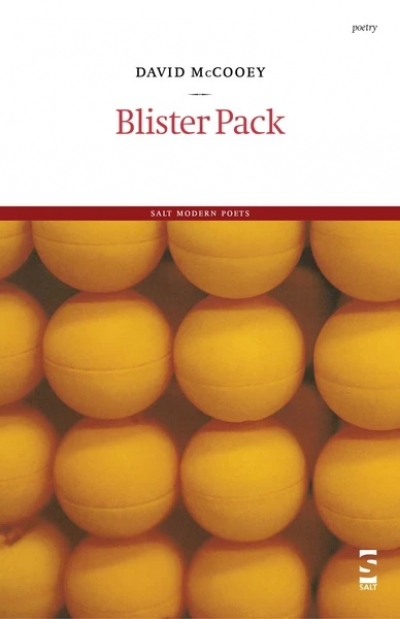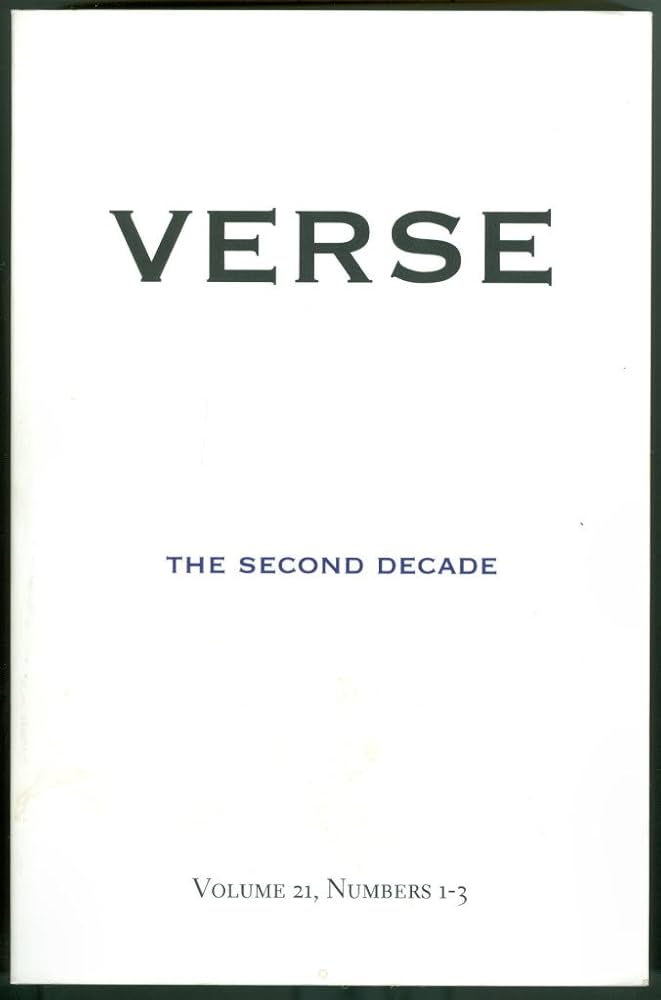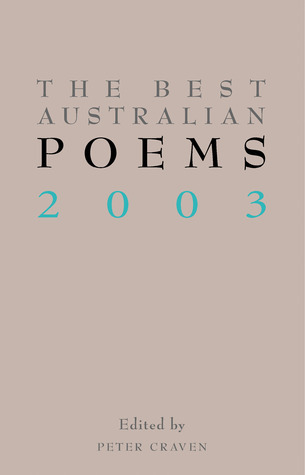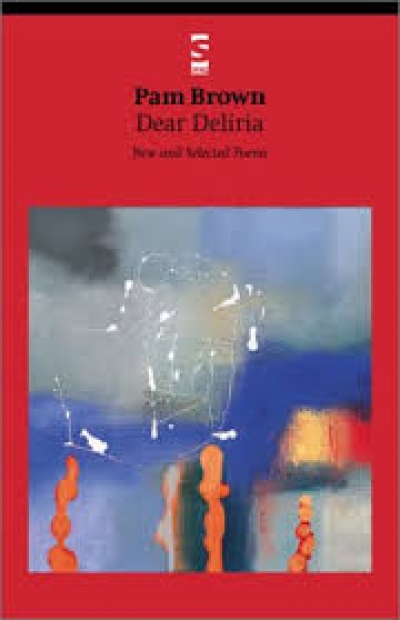David McCooey
To celebrate the best books of 2005 Australian Book Review invited contributors to nominate their favourite titles. Contributors include Morag Fraser, Peter Porter, Kerryn Goldsworthy, Nicholas Jose and Chris Wallace-Crabbe.
... (read more)Jacket edited by John Tranter and Pam Brown & Space edited by Anthony Lynch and David McCooey
by Lisa Gorton •
Verse: The second decade vol. 21, nos. 1-3 edited by Brian Henry and Andrew Zawacki
by David McCooey •
To celebrate the best books of 2004 Australian Book Review invited contributors to nominate their favourite titles. Contributors included Dennis Altman, Brenda Niall, Kerryn Goldsworthy, Morag Fraser and Chris Wallace-Crabbe.
... (read more)The Best Australian Poems 2003 edited by Peter Craven & The Best Australian Poetry 2003 edited by Martin Duwell
by David McCooey •







